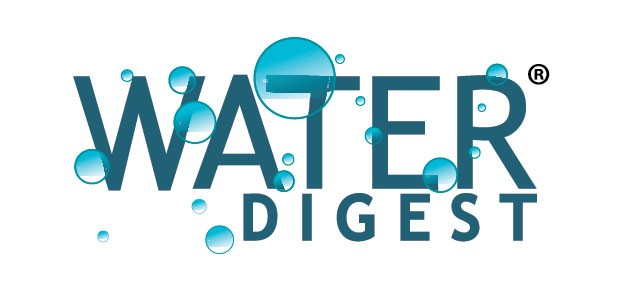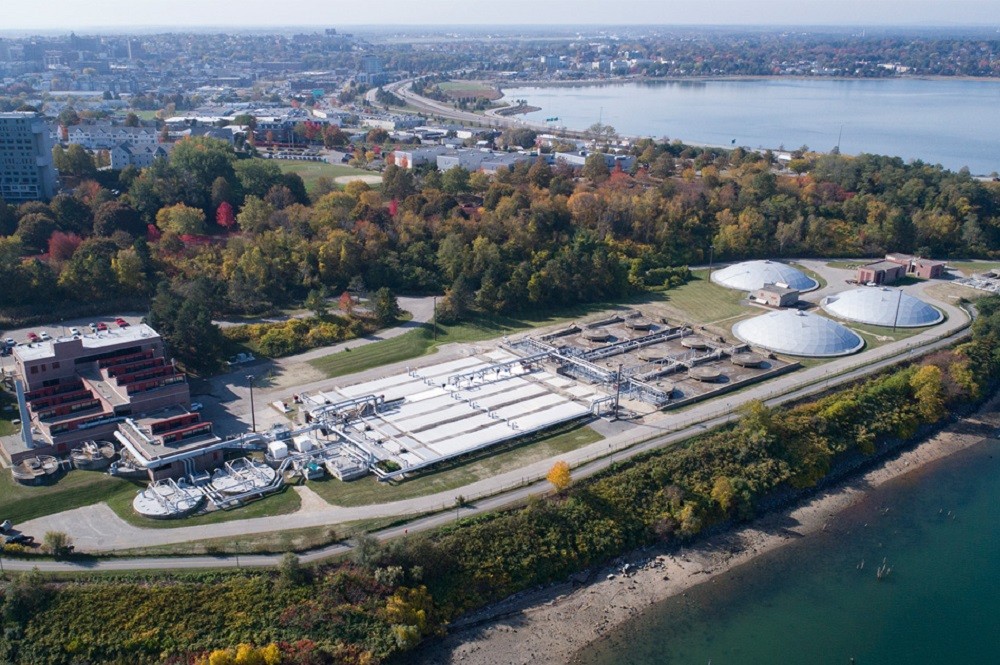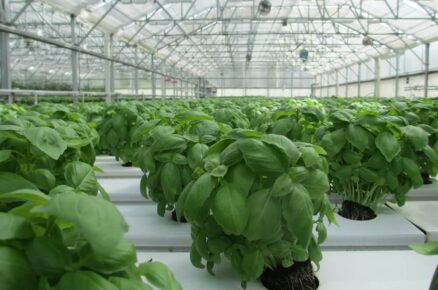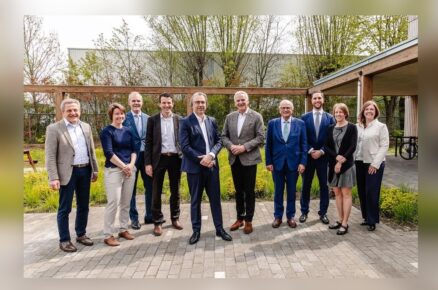A regional solution is being developed to reduce or eliminate PFAS, so called “forever chemicals” from wastewater biosolids.
WD News: The Portland Water District (PWD) is exploring options for an advanced regional facility to treat PFAS-contaminated biosolids. Solutions being explored include advanced thermal destruction technologies, such as pyrolysis and gasification, to safely and economically reduce or eliminate PFAS from biosolids.
The PWD treats wastewater to produce clean water and biosolids at its four wastewater treatment facilities (WWTFs). Clean water is released into receiving waters, and the biosolids are treated and then transported to landfills.
In the past, biosolids were used as a fertiliser and soil amendment as they contain essential nutrients and organic matter for plant growth. Under Maine law LD 1911, the state banned the spread of biosolids due to the presence of PFAS, a complex group of manufactured chemicals found in everyday consumer and industrial products, including cleaning and personal care products. Deemed “forever chemicals” for their ability to remain intact in the environment over time, PFAS have been detected in soil, air, and discharges to wastewater systems. Scientific research is ongoing to determine adverse health outcomes resulting from high levels of PFAS exposure.
Banning biosolids from being used as a fertiliser created a disposal challenge. It made landfills the primary disposal option. However, biosolids need to be mixed with another bulking material in a 5-to-1 or greater ratio to make them suitable for landfills. And, only certain landfills in Maine have the capacity to accept this type of waste. The major disposal landfill, the state-owned Juniper Ridge Landfill, has reduced the amount of biosolids it receives from Maine’s WWTFs. Subsequently, Maine’s biosolids are now being trucked to landfills outside the state, and often to Canada.
Source & image courtesy: Brown and Caldwell














